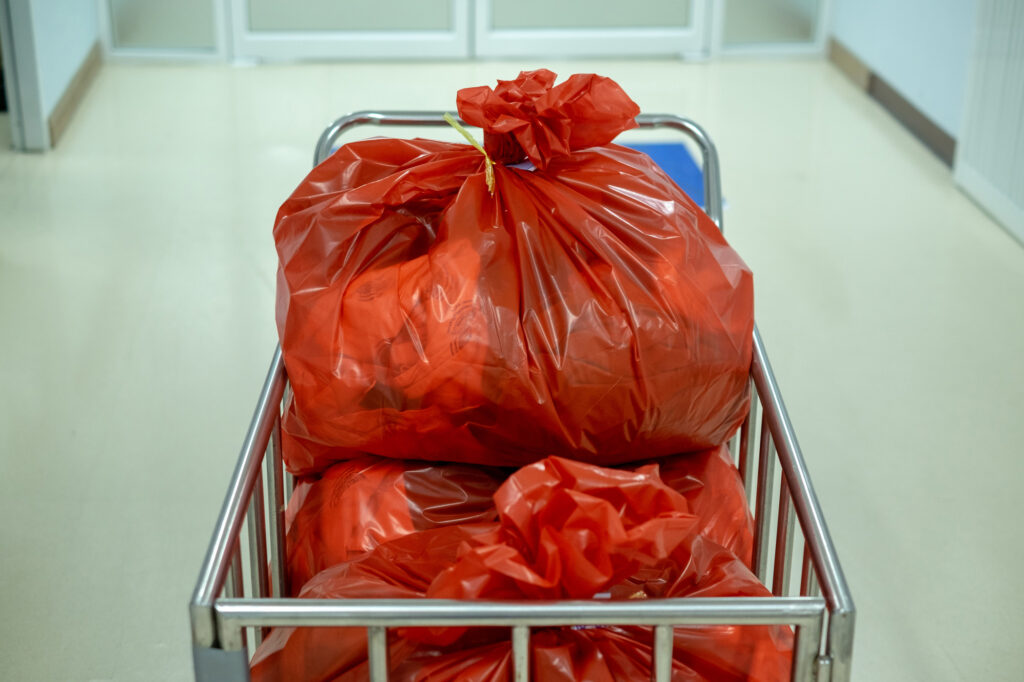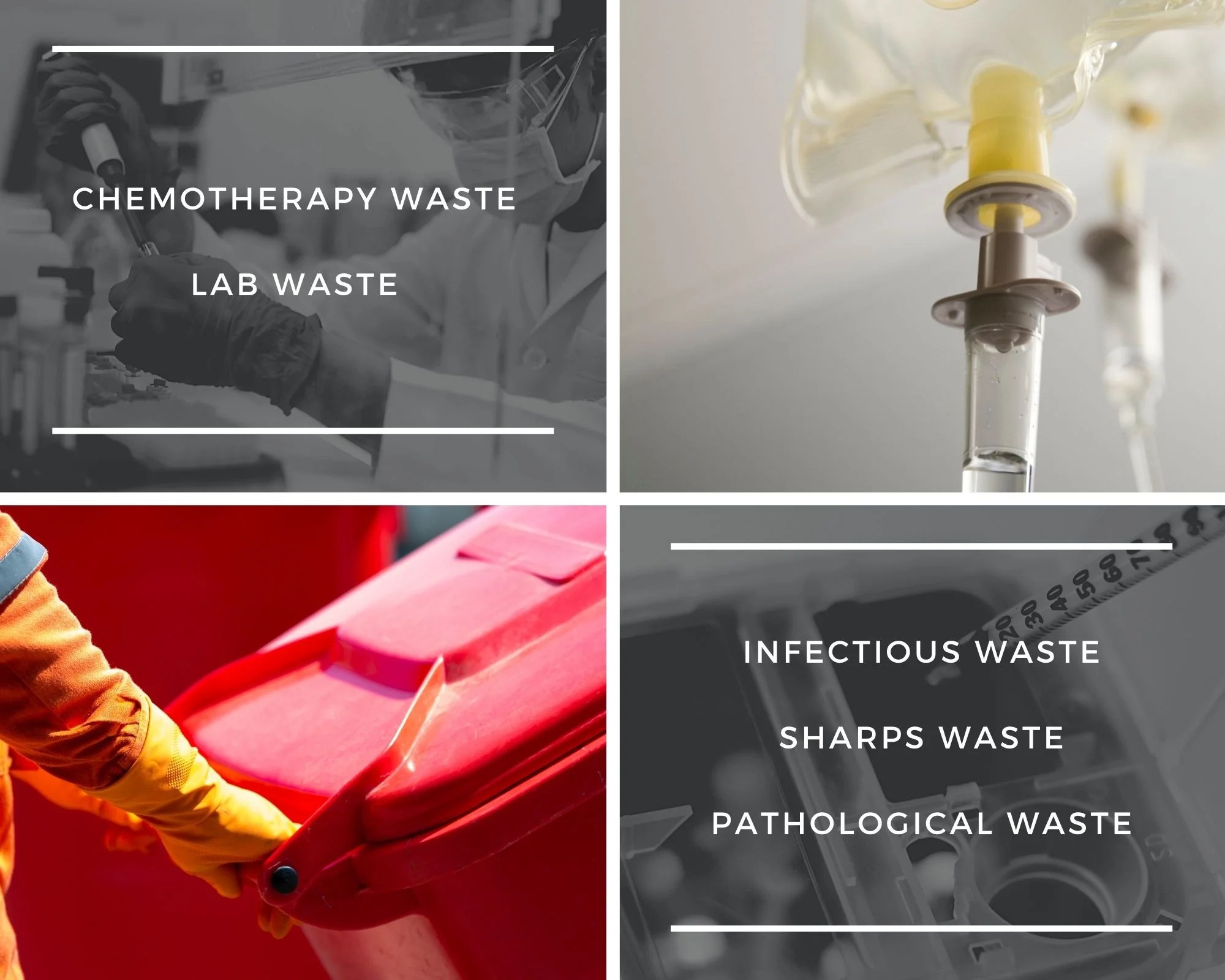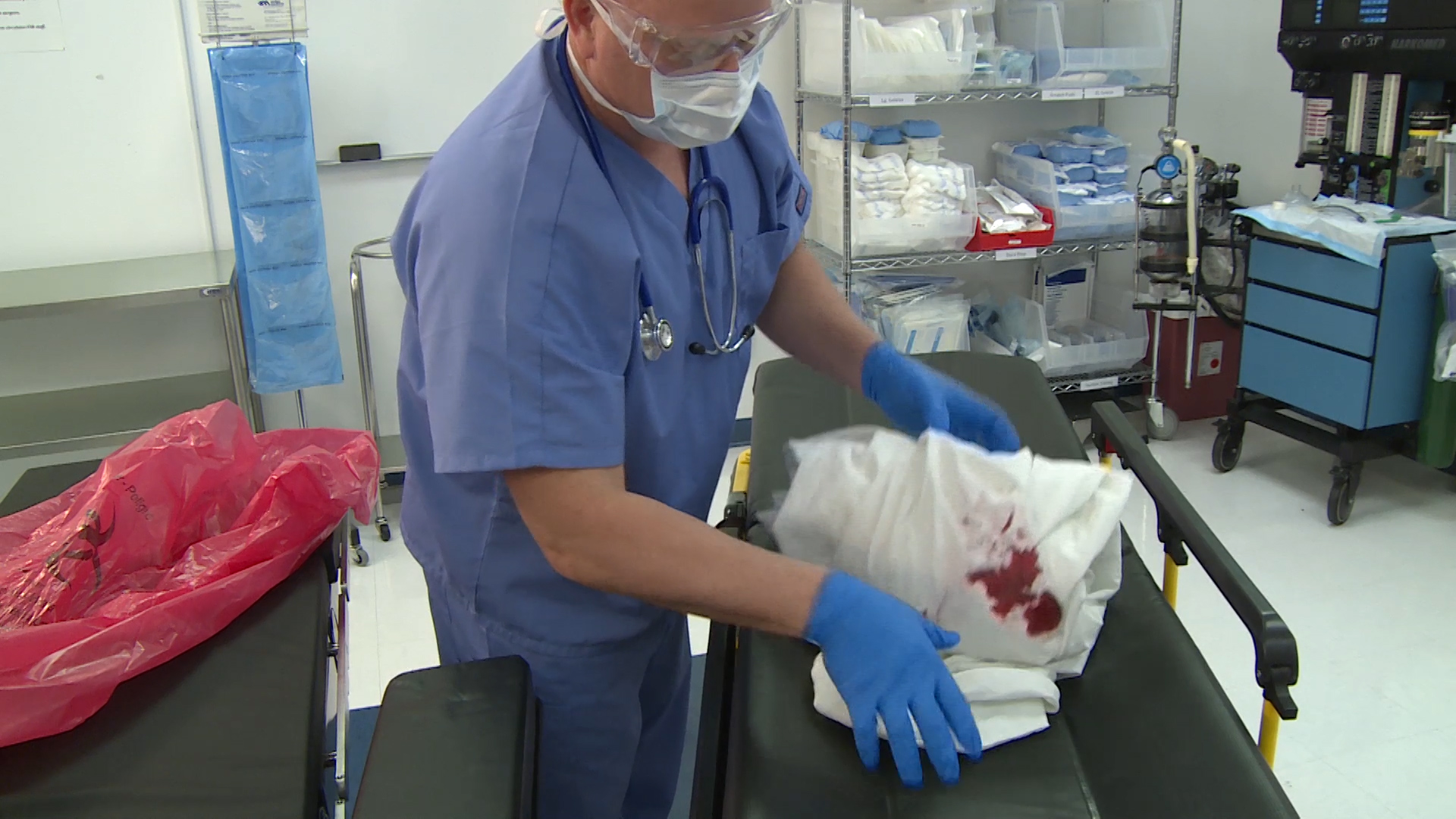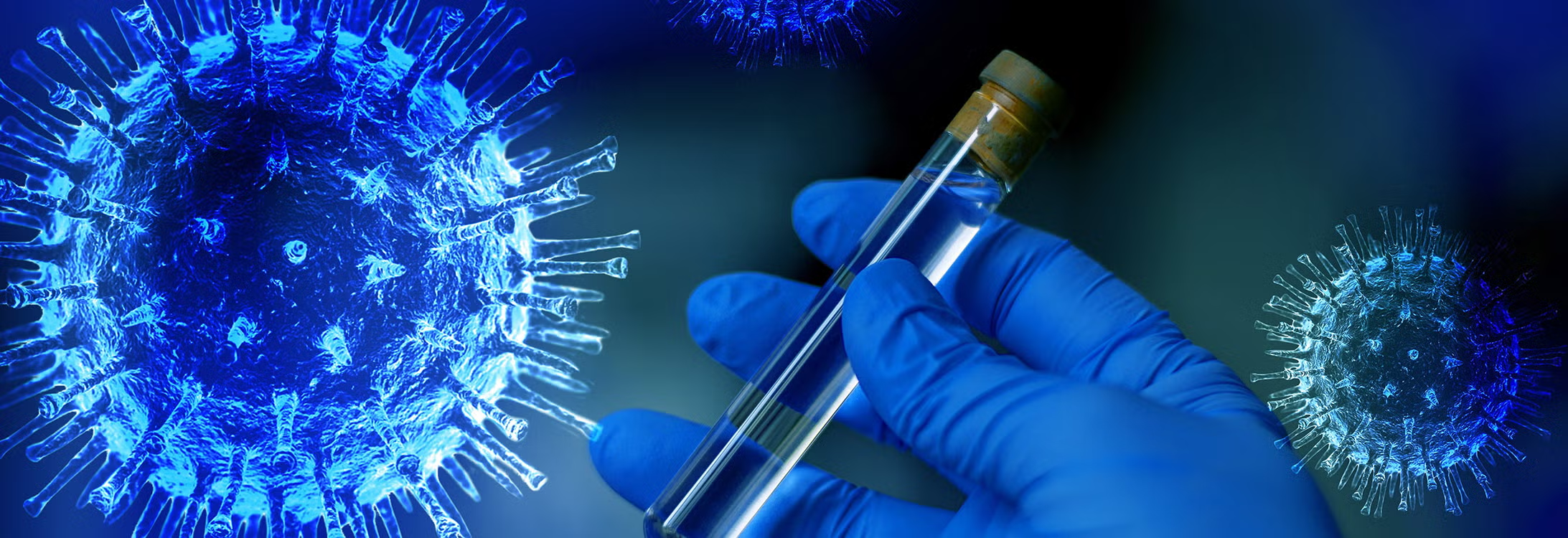Top Factors To Consider Before Hiring A Biohazard Waste Disposal Company
Materials like blood-soaked items and sharps, cultures, chemotherapy waste, and pathological specimens each require specialized containment, transport, and treatment procedures. Any mishandling can lead to severe fines, shutdowns, or even criminal penalties. This is why choosing the right disposal partner matters: the company you select becomes an extension of your compliance framework. However, to make the right choice, you must evaluate key parameters, such as their staff’s training standards, the accuracy of their documentation, and many more. Let’s discuss these critical factors in detail!
What Are The Factors To Consider Before Hiring A Biohazard Waste Disposal Company?
Licensed & Properly Equipped Biohazard Transport
A dependable disposal provider must be authorized to move regulated medical waste under DOT Hazardous Materials Registration and the infectious substance classification outlined in 49 CFR 173.134. Their transport fleet must meet Hazard Class 6.2 standards, using sealed, non-porous interiors, locking cargo areas, and built-in spill containment to prevent exposure during transit. Temperature-controlled systems may be required for specific waste categories. Each vehicle should also carry emergency response supplies consistent with the Emergency Response Guidebook (ERG) to ensure proper handling of incidents while on the road.
Waste-Specific Treatment Capabilities
Each waste type must be treated using approved technologies.
- Infectious waste must be sterilized using autoclaves operating at 121°C–134°C under controlled pressure.
- Pathological waste typically requires high-temperature incineration approved under Clean Air Act emission standards.
- Trace chemotherapy waste needs processing at RCRA Subtitle C–compliant hazardous waste management facilities.
- Sharps must be handled through approved sterilization or incineration methods based on state regulations.
- Pharmaceutical waste should be routed to permitted hazardous waste treatment units depending on its chemical classification.
Strict Chain-of-Custody Tracking System
Tracking systems must include serialized manifests, digital pickup logs, container barcoding, and documented delivery details. Many disposal companies use procedures aligned with EPA e-Manifest tracking for hazardous waste. Proper chain-of-custody documentation provides accountability from pickup to final destruction and is essential during regulatory audits.
Certified Containers & Secure Packaging Compliance
When evaluating a biohazard waste disposal company, make sure their packaging standards can safely contain and identify every type of regulated medical waste they handle.
- Sharps containers must be FDA-cleared Class II devices with puncture-resistant walls, leak-proof bases, and secure closure systems.
- Red biohazard bags should meet ASTM D1709 (impact resistance) and ASTM D1922 (tear resistance) to hold saturated or high-volume waste without failing.
- Rigid boxes and UN-rated containers must comply with DOT performance testing to withstand stacking, handling pressure, and transport vibration.
- All containers should feature proper biohazard labeling, color coding, and hazard symbols to prevent misidentification and cross-contamination.
- Waste must be placed into category-specific containers designed for sharps, pathological materials, pharmaceuticals, or soaked medical waste.
- Packaging must meet OSHA 1910.1030 requirements and state-specific medical waste rules to ensure compliant collection and transport.
Documented Proof Of Final Destruction
A dependable biohazard disposal company issues Certificates of Destruction after processing your waste. These documents detail the treatment method used, the date of disposal, and the amount of garbage destroyed. This record helps your facility stay compliant during inspections and maintains an organized record for legal, insurance, or accreditation purposes.
Technician Training in Bloodborne Pathogen & Exposure Protocols
Before hiring a biohazard disposal company, ensure that their technicians are trained under OSHA 29 CFR 1910.1030, which covers bloodborne pathogens, sharps safety, PPE use, and exposure control. A reliable provider will also require annual recertification and hands-on practice in spill response. This level of training is essential because it reduces the risk of exposure to pathogens such as Hepatitis B, Hepatitis C, and HIV during waste handling.
Emergency Biohazard Spill Response Capability
Another thing to check before choosing a disposal company is its ability to handle unexpected contamination events. Their teams should be trained under HAZWOPER (29 CFR 1910.120) and equipped with EPA-approved disinfectants, containment tools, absorbents, and Class III PPE. Strong spill-response readiness ensures that any blood, OPIM, cultures, or high-risk materials are contained and neutralized quickly, helping your facility stay compliant during an emergency.
Industry-Specific Handling Expertise
Different industries generate different regulated waste streams, and facilities involved in healthcare waste management often produce the highest volumes.
- Hospitals produce large volumes of saturated materials, cultures, and sharps.
- Dental offices generate contaminated sharps and PPE and must follow amalgam disposal rules.
- Laboratories follow CDC and NIH biosafety guidelines for cultures and research materials.
- Veterinary clinics handle animal tissues and biological materials that often require incineration.
A capable disposal company should understand these industry-specific requirements and adjust handling methods accordingly.
Why Secure Waste Meets These Standards?
Secure Waste meets these standards by providing compliant, full-service biohazard waste handling that includes proper collection, packaging, transport, and treatment of sharps, pathological waste, pharmaceuticals, and other regulated materials. Our process adheres to required safety and regulatory guidelines, supported by sealed containers, temperature-controlled storage when necessary, and DOT-compliant transportation procedures. We also maintain detailed documentation and manifest tracking so facilities stay organized and inspection-ready. With over 25 years of experience serving healthcare, dental, laboratory, veterinary, and other regulated industries, Secure Waste delivers dependable, regulation-focused biohazard waste management tailored to each facility’s needs.
Conclusion
By taking the time to assess these factors, you protect your staff, patients, and the surrounding community while maintaining full regulatory compliance. Selecting a qualified, compliant provider like Secure Waste ensures that your facility’s waste is managed safely and responsibly at every stage. Contact us today to implement professional, eco-friendly medical waste management practices.
FAQ’s
How do I dispose of biohazard waste?
Biohazard waste must be placed in approved, labeled containers, such as red biohazard bags for infectious materials and FDA-cleared sharps containers for needles. It must then be sealed and handed over to a licensed medical waste disposal company. They transport and treat the waste using approved methods, such as autoclaving or incineration, to ensure safe and compliant destruction.
What are the categories of biohazard waste?
Biohazard waste is generally categorized into the following types:
- Infectious Waste – items contaminated with blood, bodily fluids, or potentially infectious materials.
- Sharps Waste – needles, scalpels, broken glass, and any item capable of puncturing skin.
- Pathological Waste – human or animal tissues, organs, and body parts.
- Microbiological Waste – lab cultures, stocks, and materials used to grow or handle pathogens.
- Animal Waste – carcasses, bedding, and materials from infected research or veterinary animals.
- Contaminated PPE and Disposables – gloves, gowns, masks, and other items exposed to infectious material.
Can non-healthcare facilities (e.g., salons, tattoo parlours, veterinary clinics) hire a biohazard waste disposal company?
Yes, many disposal companies serve a variety of facility types, including those beyond hospitals and laboratories. You should ask whether the vendor handles smaller generators, what minimum volumes apply, and if there are special protocols for your facility type.
How do pickup scheduling and service frequency affect pricing?
The frequency of pickups, container sizes, and whether pickups are “as needed” vs scheduled all influence cost. Ask how changes in volume or schedule (e.g., holiday weeks, surge periods) affect your pricing.
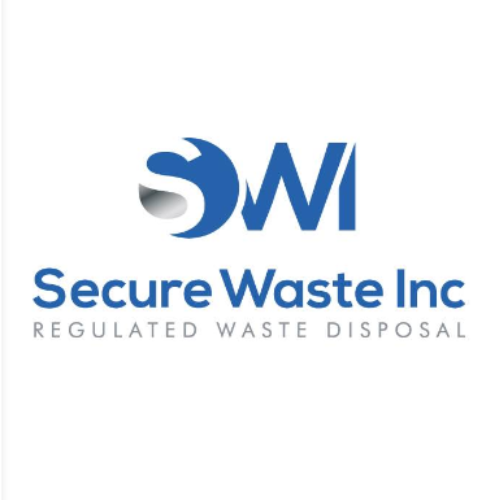
Expert Medical Waste Management: With over 25 years of industry experience, Secure Waste is a trusted local leader in hazardous and biohazardous waste disposal across Maryland, Virginia, and Washington, D.C. Specializing in medical waste management, sharps needle disposal, and biohazard waste removal, the company ensures full compliance with federal, state, and local regulations while prioritizing environmental sustainability.
The company also offers additional services, including secure document shredding and sharps container sales, providing comprehensive solutions for healthcare facilities and businesses. Our cost-effective services help clients maintain regulatory compliance without unexpected costs.
With a commitment to customer satisfaction, Secure Waste offers tailored waste management plans that align with industry best practices. Their team of experts provides reliable, timely, and compliant services, making them the preferred choice for medical waste disposal. For a free waste quote or more information, visit www.securewaste.net
